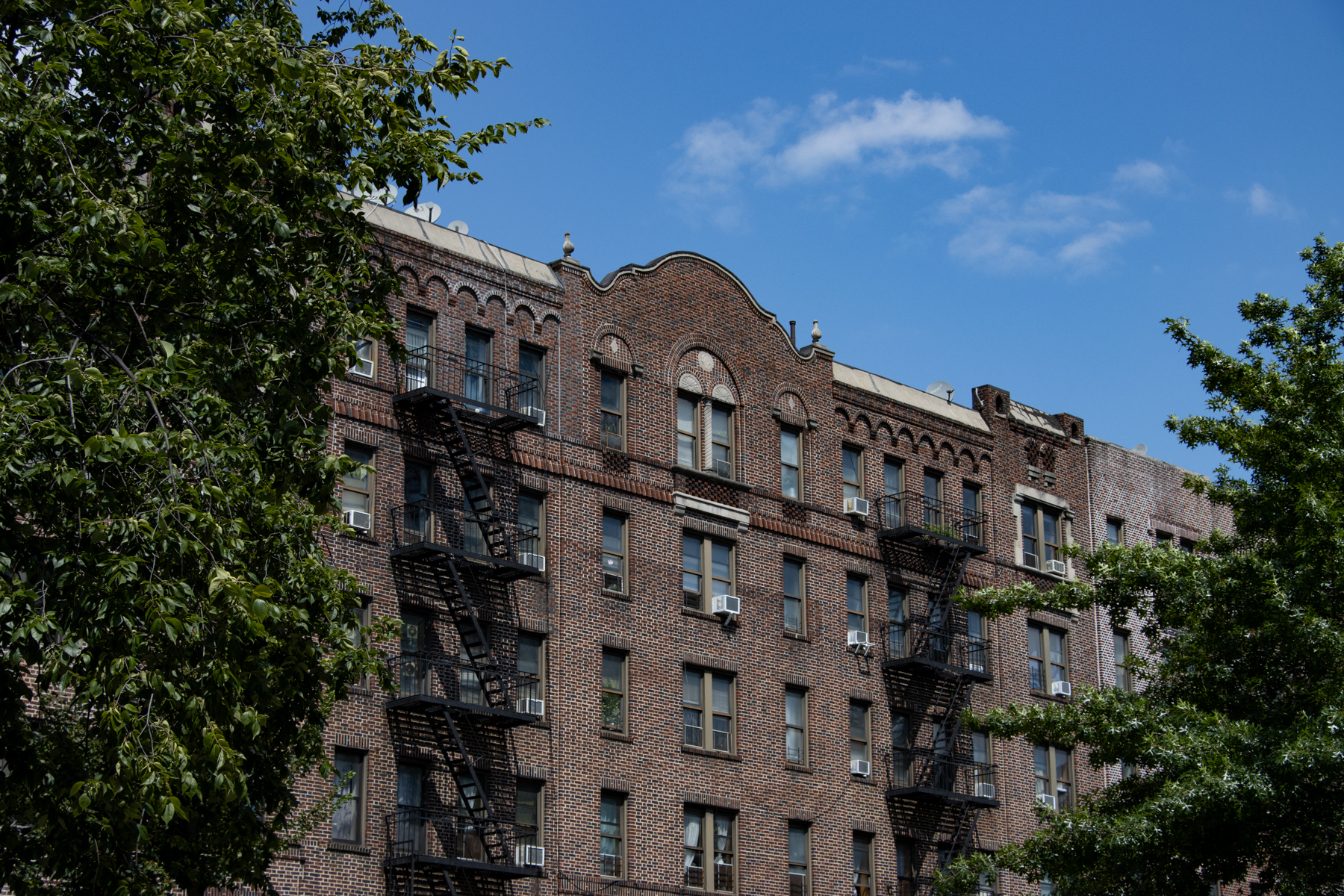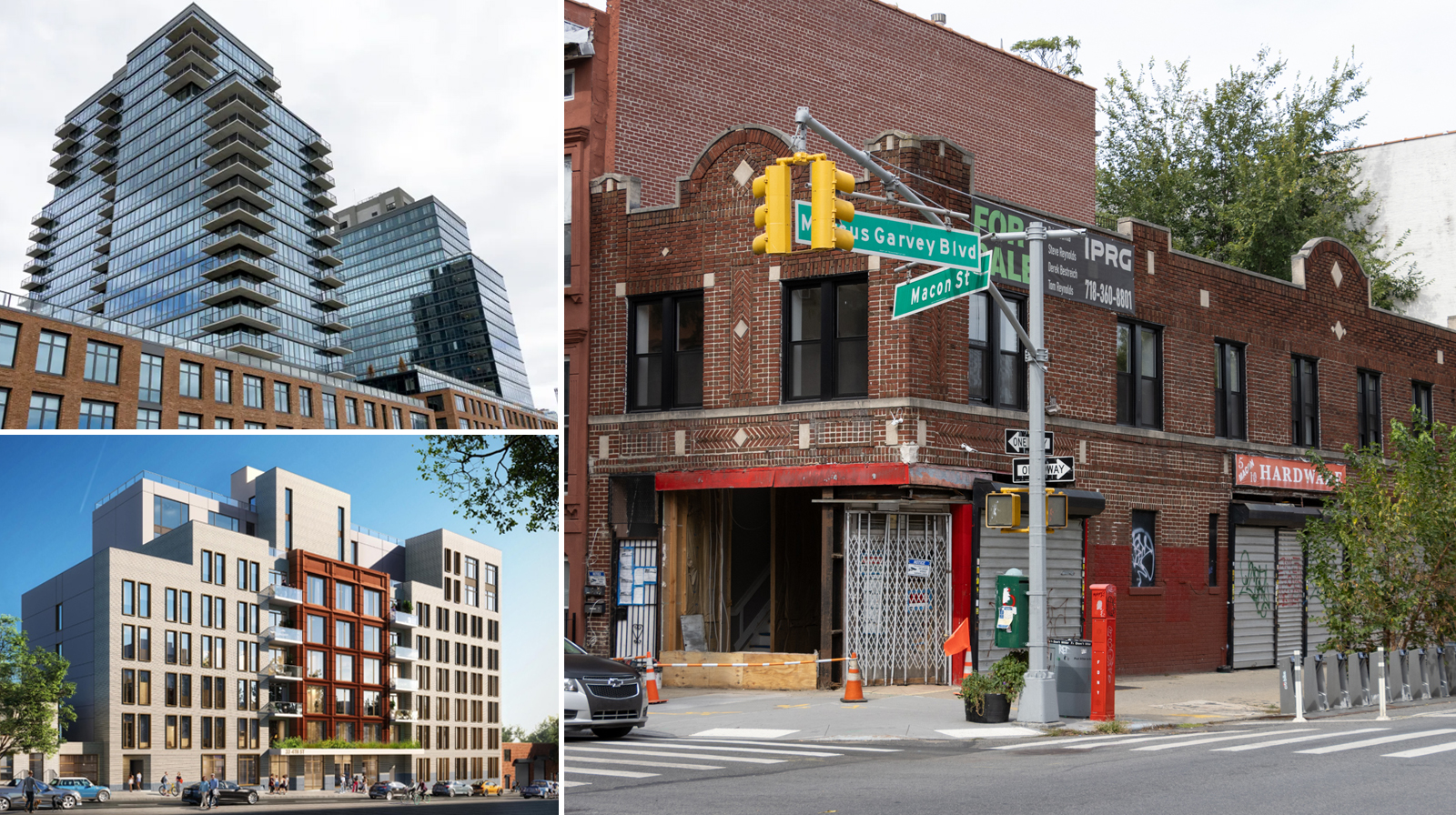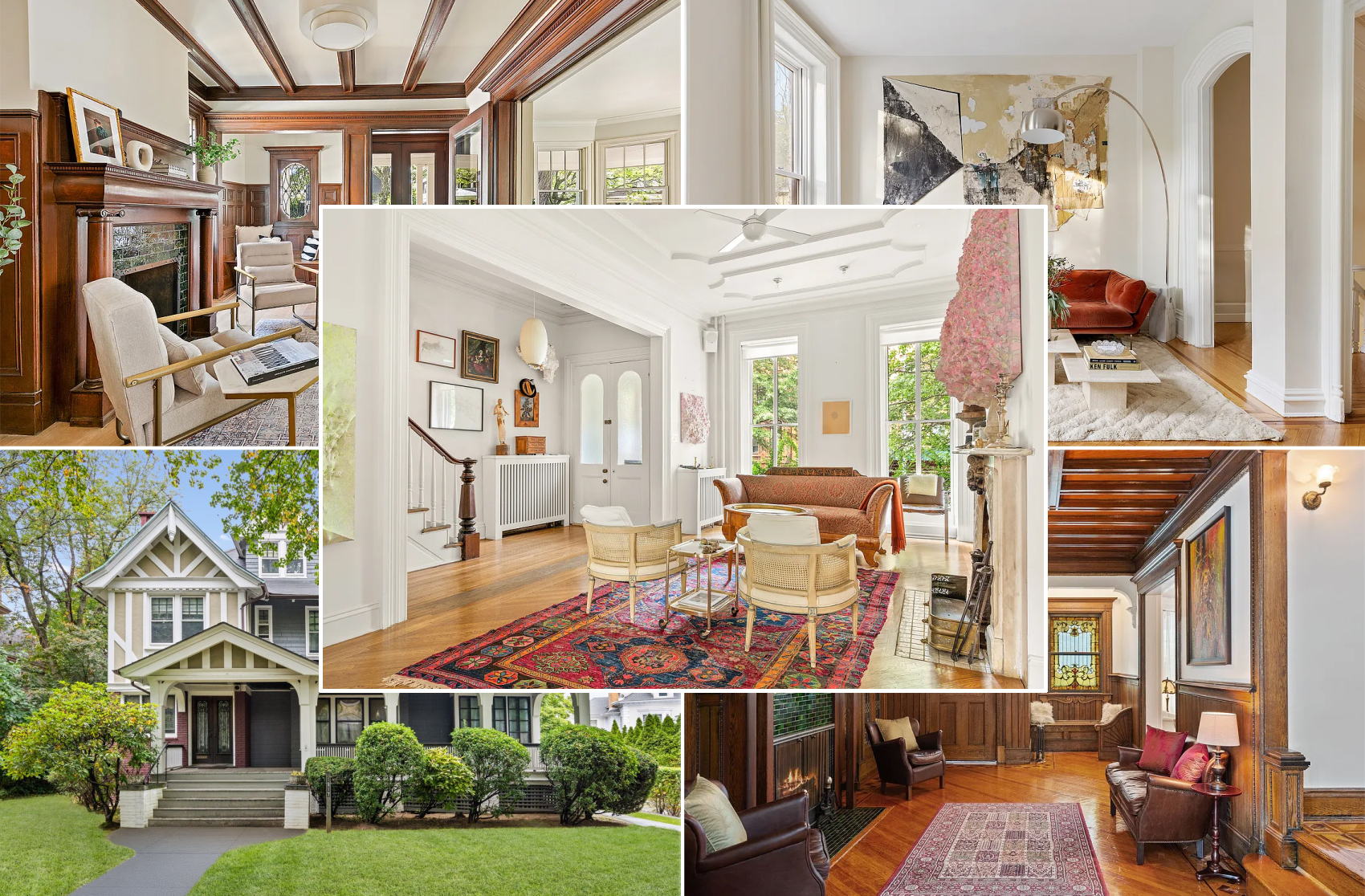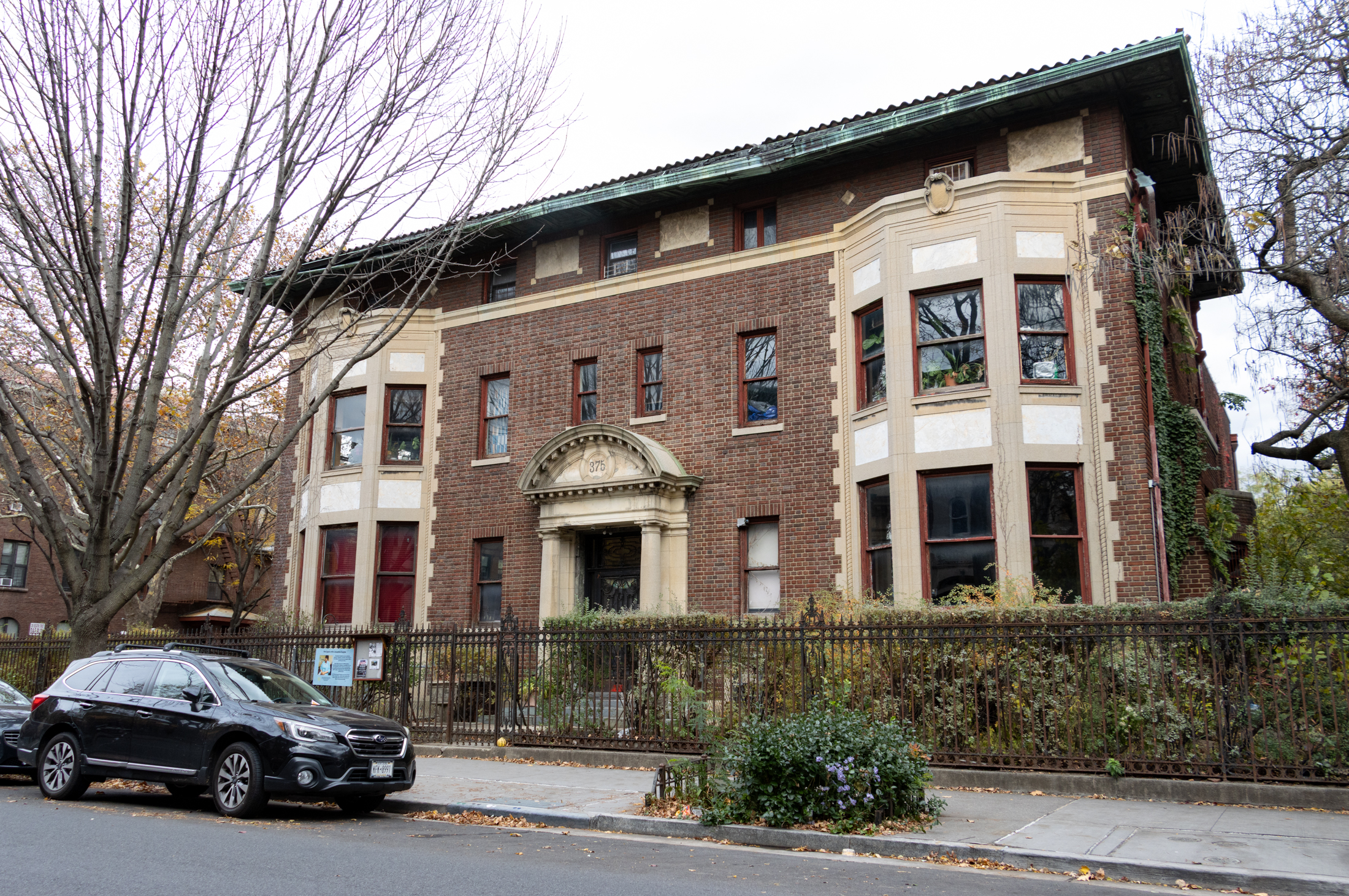Brooklyn Rents Keep Rising But Fewer Are Signing Leases
A strong finance industry is one reason asking rents surged even though supply increased, an expert said.

Downtown Brooklyn. Photo by Susan De Vries
Brooklyn renters continue to feel the squeeze. A new report shows asking rents for available homes in the borough hit their third-highest level on record last month, as the price per square foot also climbed. And although inventory rose, the number of new lease signings dropped.
In October, the average rent in Brooklyn reached $4,340 a month, a leap of 8.5 percent year over year. The median rent in Brooklyn climbed to $3,850, a 6.9 percent increase over the same period last year. Perhaps most tellingly, the price per square foot grew 6.7 percent in the year period to $61.51, according to the October rental market report prepared by appraiser Jonathan Miller of Miller Samuel for Douglas Elliman.
To put that in perspective, those increases are more than double the inflation rate of 3 percent in September. (October numbers have not yet been released.)
The steepest jump came for two-bedroom apartments, with median rents up 13.3 percent to $4,250, compared to $3,750 in October 2024.
Luxury units, defined as the top 10 percent of the market, helped drive prices higher, with median luxury rents up 12.5 percent vs. the year prior to $7,850 a month. Any bargains to be found were in existing buildings, where the median asking rent was $3,750, up 7.3 percent year over year. Interestingly, rents in new developments held steady, with a median rent of $4,500 both this year and last.
New development rentals accounted for 16.1 percent of the rental market in October, up from 15.4 percent of the market in October of 2024.
Miller said Brooklyn’s rent growth continues to outpace inflation at roughly double the rate, mirroring trends across other boroughs.

“We have about a 30 percent market share of bidding wars, meaning someone paying more than the landlord asked, which isn’t a record, but prices and the tightness of the market remains in place,” he said. “One of the expectations we had with mortgage rates drifting a little bit lower since August was that that would take some of the pressure off the rental market, but it really hasn’t.”
He said one of the more surprising parts of the report was the growth in the luxury rental market, as it coincided with strength in the high-end sales market. Typically, he said, when high-end sales are strong, the luxury rental market sees more modest growth.
“It’s just the opposite, so the high end is strong whether it’s sales or rental market and I think that speaks to record Wall Street compensation expected this year, we had it last year. The tech sector is doing well so well-paying jobs have had a couple of good years and that’s translated into anything at the upper half of the real estate market.”
Another possible factor could be the passage of the FARE Act a year ago, which mandates whoever hires a broker will pay their fee. Brokers had predicted rents could increase as landlords seek to recoup costs, while others had said market pressures would make rent increases unlikely.
The number of leases signed fell to 3,365 last month, down 10.3 percent from 3,752 a year ago, and for those who did sign, landlords were offering fewer concessions, according to the report. Larger apartments — three bedrooms or more — saw the sharpest decline, with lease signings down 30.3 percent as the median asking rent rose 5.6 percent to $4,648.
Inventory ticked up 3.8 percent to 5,356 listings, compared with 5,160 last year, but units lingered longer on the market with an average of 21 days, up from 16.
Miller said despite talk the mayoral election could impact the rental market and “the narrative about people fleeing the city” — which he called absurd — rising sales, rising sale prices, and increasing rental prices hint at inbound migration and an uptick in demand. “My sense is that if we had a tight market, and it remained tight the month before the election, the election really had no bearing,” he added.
Looking ahead, Miller said the rental market’s direction depends largely on mortgage rates and tariffs. He said if the Fed does cut mortgage rates, more people will get pulled out of the rental market and into the purchase market.
“The reason the rental market is fairly tight now is because the people that have been waiting for mortgage rates to fall are camped out in the rental market when, organically, they would normally transition over to the purchase market. When people aren’t moving on to the purchase market as they normally would, the ability to find a rental is more challenging.”
Related Stories
- Brooklyn Home Prices Break Records as Inventory Levels Increase
- Brooklyn Home Prices Inch Up to Set New Record as Inventory Holds Steady
- Report Finds 21 Brooklyn Neighborhoods Among NYC’s Priciest
Email tips@brownstoner.com with further comments, questions or tips. Follow Brownstoner on Twitter and Instagram, and like us on Facebook.





What's Your Take? Leave a Comment